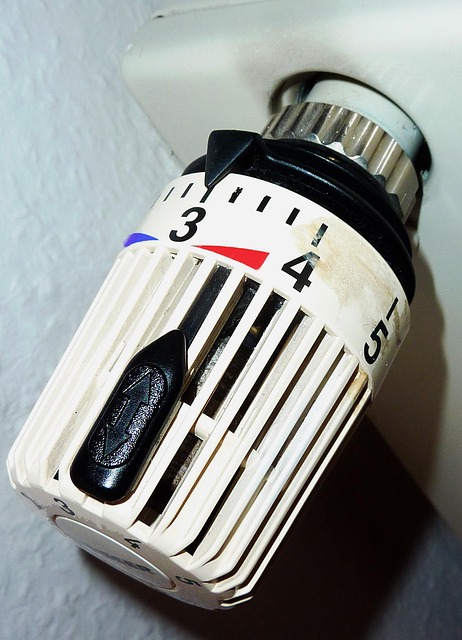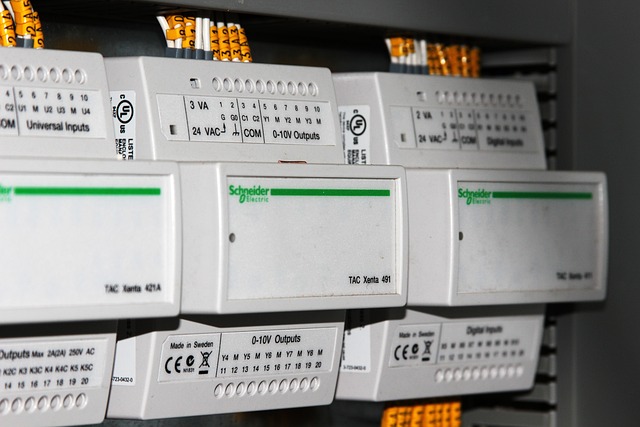Eugene, Oregon, is a leader in electric vehicle (EV) adoption, driven by extensive EV charging infrastructure. The city's commitment to sustainability includes strategic planning and collaboration for modern charger networks tailored to diverse needs. This integration enhances transportation, reduces carbon emissions, saves time and money for drivers, and increases property value. When installing EV chargers in Eugene, consider different types like Level 1 (residential), Level 2 (commercial), and Level 3 (public) chargers based on space and usage. Strategic site selection, electrical upgrades, professional installation, local permits, testing, and user-friendly interfaces ensure safe, efficient, and convenient charging experiences that cater to growing EV popularity.
“Discover the transformative power of quality EV charger installation in Eugene, Oregon. As electric vehicles gain popularity, understanding the city’s evolving charging infrastructure is crucial. This comprehensive guide explores the benefits and types of EV chargers suitable for your location. From residential to commercial settings, we’ll walk you through the installation process and help you choose the best solution. Enhance accessibility and support sustainable transportation with informed decisions regarding EV charger installation.”
- Understanding EV Charging Infrastructure in Eugene, Oregon
- Benefits of Investing in Quality EV Charger Installation
- Types of EV Chargers: Options for Your Location
- Steps Involved in Installing an EV Charging Station
- Choosing the Right EV Charging Solution for Your Property
Understanding EV Charging Infrastructure in Eugene, Oregon

Eugene, Oregon, has been making significant strides in adopting electric vehicles (EVs), which has led to a growing demand for robust EV charging infrastructure. The city’s commitment to sustainability and its support for an eco-friendly transportation future have resulted in several initiatives to expand accessible EV charging solutions. Local businesses, residential areas, and public spaces are increasingly being equipped with modern EV charger installations, making it more convenient for residents and visitors alike to embrace electric mobility.
The process of installing these charging stations involves careful planning and consideration. EV charger installation professionals work with local authorities to ensure compliance with regulations while designing networks that cater to diverse user needs. By integrating charging infrastructure into everyday spaces, Eugene is paving the way for a greener transportation system, encouraging more people to make the switch to EVs and contributing to a cleaner environment.
Benefits of Investing in Quality EV Charger Installation

Investing in quality EV (electric vehicle) charger installation offers numerous advantages for individuals, businesses, and the community in Eugene, Oregon. Firstly, it promotes sustainability by encouraging the adoption of electric vehicles, which significantly reduce carbon emissions compared to traditional gasoline-powered cars. This shift can contribute to a cleaner and healthier environment for everyone.
Moreover, EV charger installations provide economic benefits. They enable vehicle owners to conveniently charge their electric vehicles at home or work, reducing the need for frequent visits to gas stations. This convenience saves time and money in the long run. Additionally, with the growing popularity of electric vehicles, installing quality chargers can enhance property value, especially for commercial spaces catering to EV owners.
Types of EV Chargers: Options for Your Location

In Eugene, Oregon, when considering EV charger installation, it’s important to understand the various types available to suit different locations and needs. Level 1 chargers are the most basic and commonly found in residential settings. These chargers use standard 120-volt outlets and are suitable for slow charging overnight or during the day while parked at home. For those with limited space or wanting a more efficient option, wall-mounted or pole-mounted Level 2 chargers offer faster charging speeds using 240-volt power. These are ideal for apartments, condominiums, or commercial properties with dedicated parking spaces.
Public EV charging stations cater to those who frequent various locations, such as shopping centers, parks, and office buildings. These stations can be fast chargers (Level 3), delivering the quickest charging times in under an hour for most electric vehicles. Installing one of these at a strategic location in Eugene can significantly enhance the overall convenience of electric vehicle ownership for your community.
Steps Involved in Installing an EV Charging Station

Installing an EV (Electric Vehicle) charging station involves several key steps, ensuring a smooth and efficient process from start to finish. First, proper site selection is crucial; consider factors like accessibility, visibility, and proximity to potential users. Evaluate your electrical infrastructure to determine if upgrades are needed to support the high-power demands of EV charging. Engage with a professional installer who can assess your needs and choose the right type of charger for your location, be it Level 1 (120V) or Level 2 (240V).
Next, obtain any necessary permits and approvals from local authorities to ensure compliance with regulations. This step may involve permitting applications, inspections, and electrical code requirements. Once approved, the physical installation begins, including installing the charger hardware, connecting it to the electricity supply, and ensuring proper grounding. Finally, testing and commissioning are vital to guarantee safety and functionality, after which a user-friendly interface can be set up for easy access and payment options if required.
Choosing the Right EV Charging Solution for Your Property

When considering EV charging solutions, it’s crucial to evaluate your property’s specific needs and select an appropriate charging system. Factors such as space availability, expected usage, and budget play a significant role in this decision. For instance, residential homeowners may opt for a simple, wall-mounted charger suitable for occasional use, while commercial properties like hotels or office buildings might require faster, multiple-station chargers to cater to a higher volume of electric vehicles.
Proper ev charger installation is essential to ensure safety, efficiency, and convenience. It’s recommended to consult with professionals who can assess your site and recommend tailored solutions. This includes considering charging station placement, electrical capacity upgrades, and network connectivity for remote monitoring and control.














